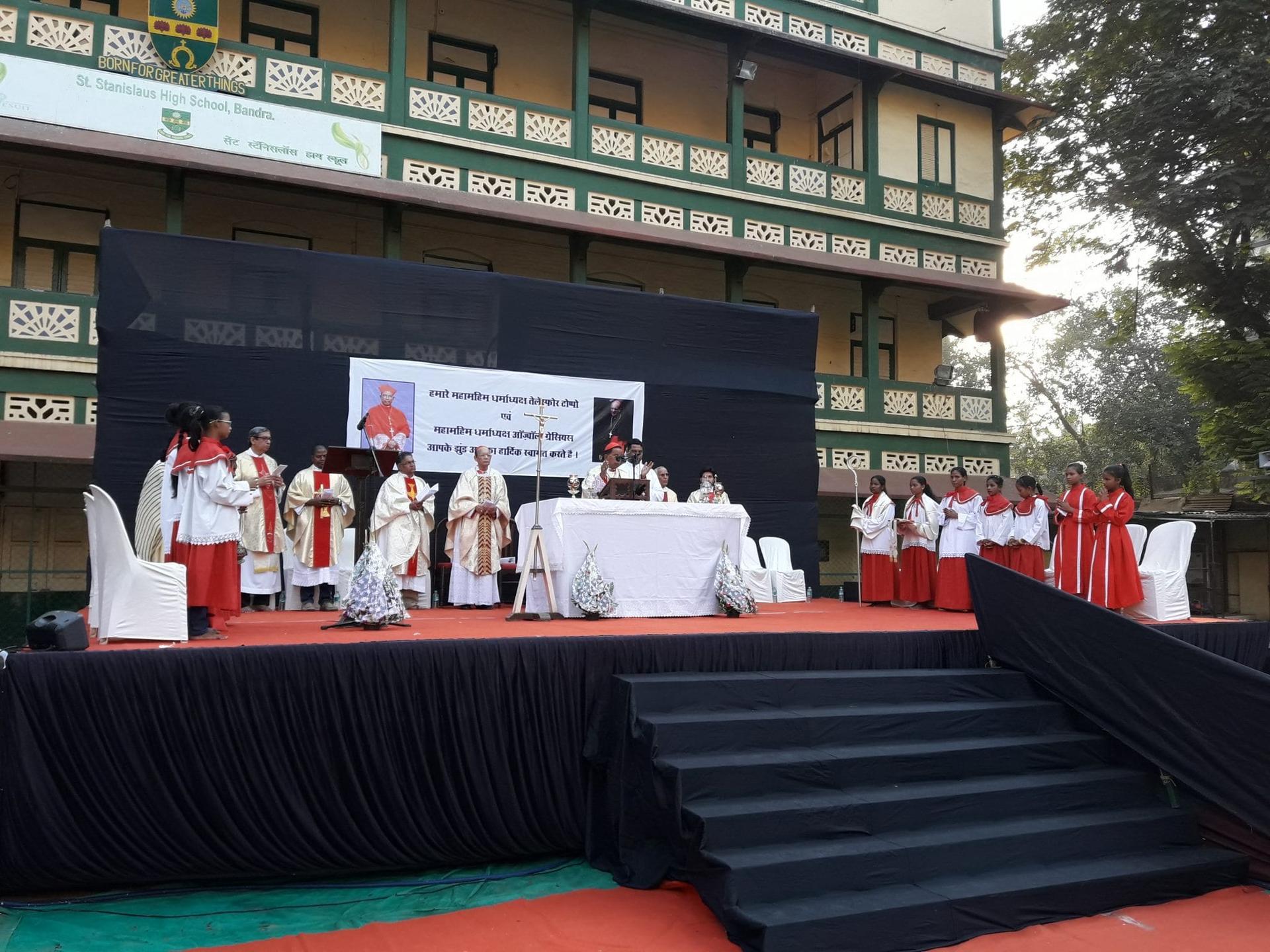MUMBAI, India – Although putting together a “misery index” to rate the oppression faced by categories of people around the world is a notoriously difficult enterprise, somewhere near the top of any such list would have to be India’s “Tribals,” meaning the roughly 9 percent of the country’s cast population of 1.25 billion belonging to various indigenous groups.
One measure of how forgotten those tribals have been is that they didn’t even rate a mention under India’s ancient caste system, occupying a space even lower than the Dalits, or “untouchables.” Quite literally, they were simply invisible.
Today, the Tribals still suffer the consequences of that neglect, with high rates of poverty, illiteracy, unemployment and other forms of social dysfunction.
In part for precisely those reasons, Tribal communities have also been fertile ground for Christian missionaries over the years, as many Tribals see Christianity as a form of liberation from a social system that’s consigned them to marginalization. By one estimate, somewhere between 60 and 75 percent of India’s 30 million Christians is made up of Tribals and Dalits.
On Christmas morning, Cardinal Oswald Gracias of Mumbai, a member of Pope Francis’s “C9” council of cardinal advisers and considered one of the most influential Catholic prelates in Asia, will celebrate a special Mass for Catholic Tribal families, distributing gifts, singing Christmas carols and celebrating a feast with them.
The event is a personal initiative by Gracias, following a message he released to his Archdiocese of Bombay, the former name of Mumbai, and also a jubilee celebration for Tribal migrants he staged on November 4.
“Each year the Christmas greetings not only impart good wishes and hopes for us all, but they also hold out to us something of the stories of mercy lived, loved and experienced in ministries across the world that flow from the Infant Child Divine,” Gracias wrote in his message.
The population of migrant Tribals in Mumbai is estimated at around 80,000. Most hail from Jharkhand, Chattisgarh, Odisha, as well as some parts of Madhya Pradesh and West Bengal. They have migrated because of a lack of income, and usually work as domestic laborers in cities.
Female migrants generally work as live-ins or part-time domestic helpers. The men are generally involved in textiles, construction, stone quarries, mines, small scale industries such as diamond cutting and leather accessories, or in poultry farms, rickshaw driving , security service, small hotels, road side restaurants, and so on.
“The paradox of Christmas is captured in the homeless family that found that there was no room in the Inn, but could find it in a small dingy backroom stable in Bethlehem, replete with the abundance of hospitality radiating from the large hearts of shepherds and wise searchers, who were sensitive to the deeper meaning of God in the Infant lying in the manger,” Gracias wrote, trying to connect the Christmas story to the experience of these migrant families.
“When does the work of Christmas begin?” he asks.
“It begins when we heal the broken hearted with the touch of God’s Mercy: when we feed the hungry, when we bring the promise of hope, the forgiving love and the restoring compassion of God to those crippled with fear of terror, plagued with the anxiety of uncertainty and imprisoned in darkness of sin and death.”
Migrant Tribals frequently suffer discrimination and oppression, as they do menial work and stay in slum areas and construction sites. Children are made to feel inferior at school and on the playground, and domestic maids are not allowed to accompany their employers or even sit alongside them at public events.
Yet on Christmas, they will eat together with the cardinal and sing carols with him, in a clear challenge to the usual Indian social norms.
“Bringing God’s mercy to a suffering people is at the core of the Christmas story,” Gracias said. “To remember the Christmas story is to bring hope to a world in need. In the words of Pope Francis: ‘Always keep hope alive. Demonstrate that with welcome and hospitality, a window to the future can be offered.’”
“In this season of Christmas of gift-giving and receiving, may we be richly blessed and may we continue in the aftermath of the year of Mercy to serve one another with the gifts we have received from Him,” Gracias wrote.
















